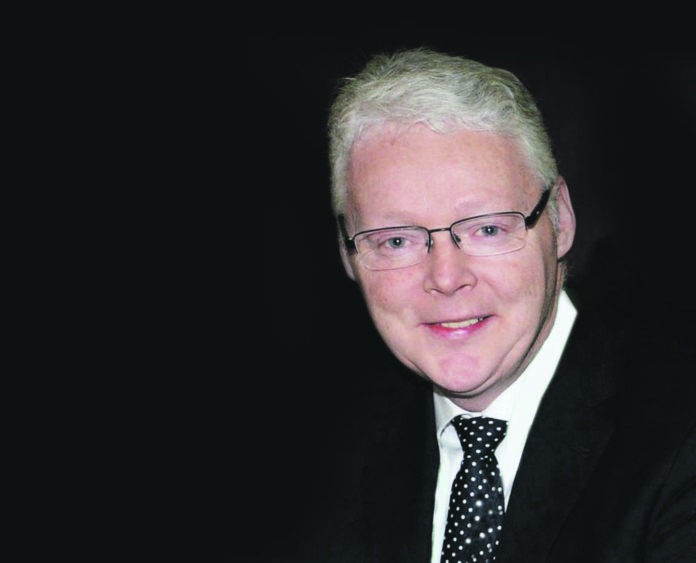
DESPITE another year of growth in 2018, business sentiment among hotel operators in Limerick has dropped significantly, according to the latest hotel barometer from the Irish Hotels Federation (IHF).
Key concerns for the sector include the escalating risk and uncertainty around Brexit, reduced visitors numbers from the UK and the increasing costs of doing business.
While 73 per cent of hotels have seen some increase in overall business levels this year, growth from North America and Europe has masked the poor performance of the UK market following the Brexit referendum.
IHF Shannon branch chairman Brian Harrington said that they were increasingly concerned about the direction that Brexit is taking and the impact that heightened uncertainty is having on the sector.
“A disruptive Brexit would have enormous economic repercussions which would be felt directly by tourism businesses here in Limerick given our heavy reliance on the UK market.
“It is already having a direct impact on hotels with 52 per cent reporting a drop in business from Great Britain this year while 40 per cent have seen a drop in business from Northern Ireland.
Tourism currently supports 11,500 jobs in Limerick and contributes an estimated €277 million to the local economy annually.
Mr Harrington added that even if a deal is eventually reached, any prolonged uncertainty in the coming months could result in a further erosion of consumer sentiment.
“The consistent growth achieved over the last seven years in a dynamic and competitive international market cannot be taken for granted. We are particularly concerned with the Government’s change in approach to tourism and the lack of recognition of the important role it plays as an engine of economic growth and regional balance.
“With the Brexit storm gathering, relentless increases in the cost of doing business, international trade wars, a slowdown in European growth and the increase in tourism VAT, there is little surprise in the drop in business sentiment. Many of our members are now re-examining their future investment strategies and taking a more cautious approach to planning for next year and beyond.”
“The Government must mitigate Brexit related risks to tourism and facilitate the continued growth of an industry that supports approximately 266,000 jobs, over 70 per cent of which are outside Dublin. There are aspects of the economic environment and Brexit that are largely outside our control but it is imperative that we mitigate the risks and potential damage where we do have some control over our destiny.
“We have to retain our competitiveness and this means taking decisive action on the issues that are affecting the cost of doing business.”
According to Mr Harrington, only one in five hoteliers believe that the Government is doing enough to tackle the high cost of doing business in Ireland.
“76 per cent of hotels have seen further increases in insurance costs this year. Of these, the average increase in premiums was 15 per cent. This is in addition to substantial increases in recent years”.
He said that insurance costs have reached an unsustainable level, averaging €1,150 per room annually.
He called on the Government to introduce a Tourism Satellite Account within the Central Statistics Office (CSO) to provide a full analysis of the economic activity in the Tourism industry and how much it contributes to each county throughout the country, including Limerick.
“It will also provide independent verification to assist those who rely on the National Accounts, where tourism is not identified, to inform their deliberations on taxation and economic policy,” he said.
On a brighter note, Mr Harrington said that Christmas events and parties remain a significant part of the business for more than half of the hoteliers surveyed. Of those, almost half report an increase in business compared to last year with more than a third of those surveyed taking on additional staff for the Christmas period.
by Tom McCullough
[email protected]










